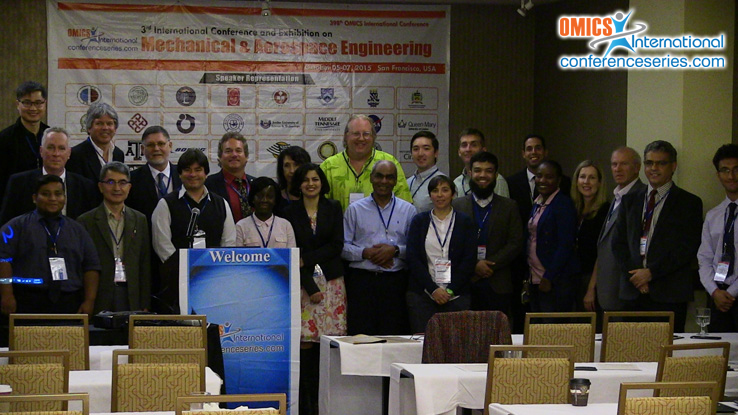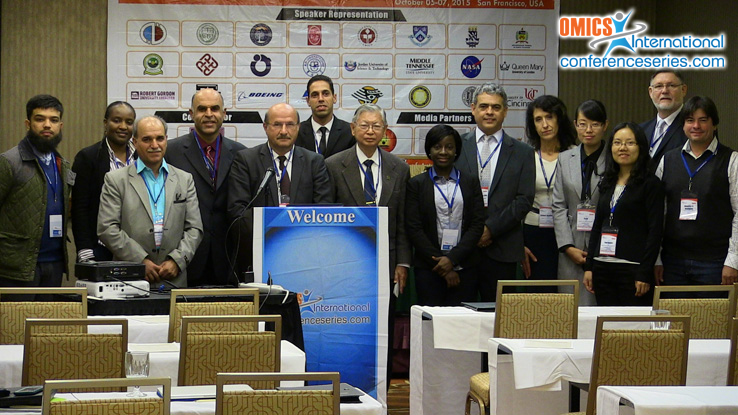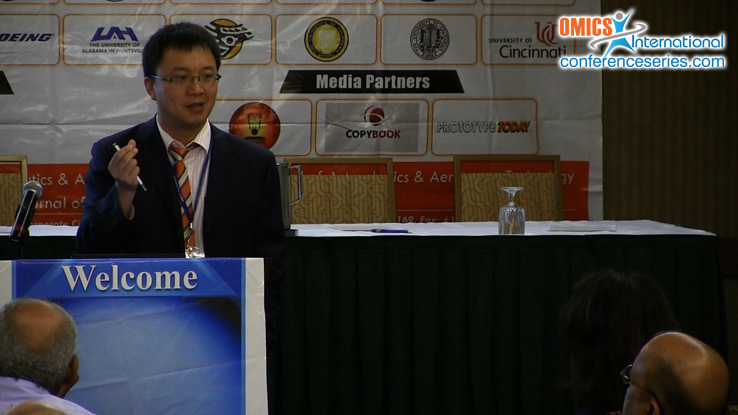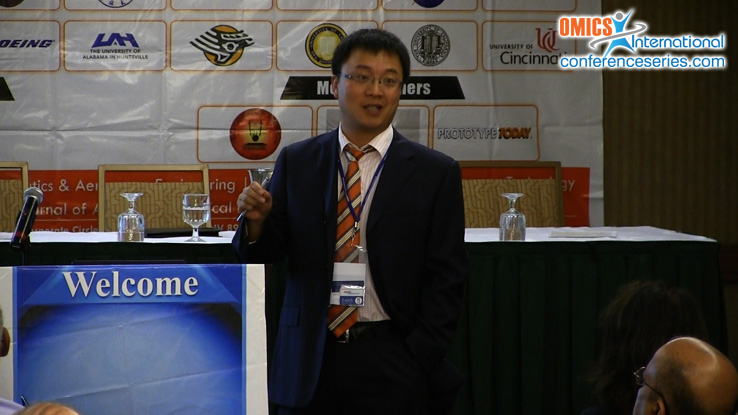
Yun Wang
University of California, Irvine
USA
Title: An experimental and modeling study on redox flow batteries
Biography
Biography: Yun Wang
Abstract
Flow batteries are a rechargeable electrochemical energy system, in which electrolytes contain one or more dissolved electroactive species, and the chemical energy in electrolytes is reversibly converted to electricity. Flow battery technology offers advantages in energy storage and conversion, including: 1.) large capacity (determined by the external tank volume); 2.) negligible degradation when left completely discharged for long periods; 3.) charge/recharge through electrolyte replacement or external power source; and 4.) no permanent damage when electrolytes are accidentally mixed. Among the major types of flow batteries, the vanadium redox flow battery is a type of rechargeable flow battery that employs vanadium ions at different oxidation states to store chemical potential energy.rnrn In this talk, we introduce our ongoing research on Redox Flow Batteries (RFB), including analyses to evaluate dilute solution assumption, pore-level transport resistance, pumping power, and time constants. A model is developed to describe the dynamic system of a RFB and consists of a set of partial differential equations of mass, momentum, species, charges, and energy conservation, in conjunction with the electrode’s electrochemical reaction kinetics. The model, validated against experimental data, predicts fluid flow, concentration increase/decrease, temperature contours and local reaction rate. Experiment was also conducted to show the cyclability. Fig. 1 presents the validation of the model for flow battery at the stage of charge, idling, and discharge.
Speaker Presentations
Speaker PDFs
Speaker PPTs Click Here




